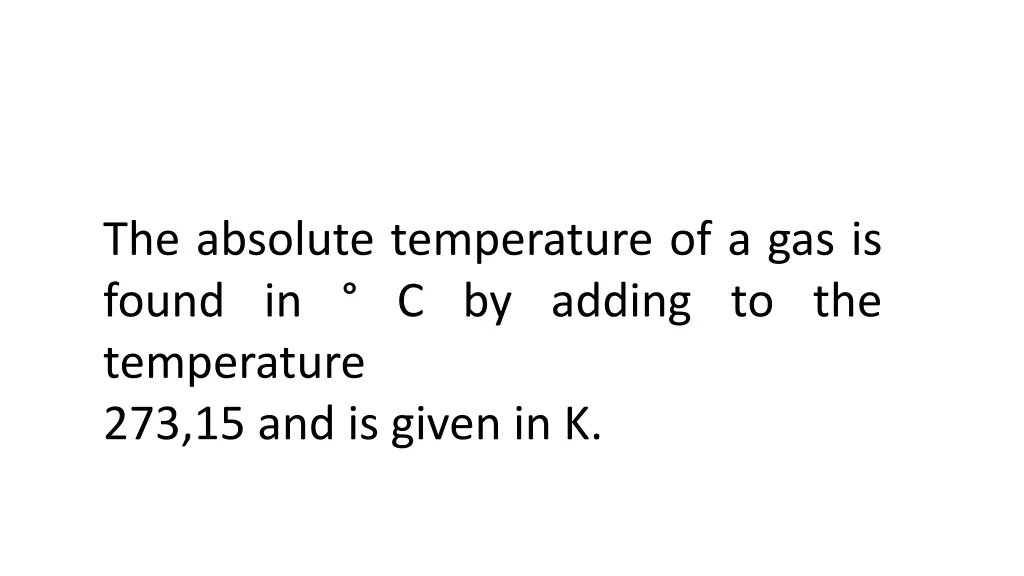
Gas Laws and Temperature Conversions in Chemistry
Explore the relationships between Celsius, Kelvin, and Fahrenheit temperatures, along with examples converting temperatures and the importance of gas laws in everyday life. Discover how to convert temperatures between different units and understand the behavior of gases with developed laws.
Download Presentation

Please find below an Image/Link to download the presentation.
The content on the website is provided AS IS for your information and personal use only. It may not be sold, licensed, or shared on other websites without obtaining consent from the author. If you encounter any issues during the download, it is possible that the publisher has removed the file from their server.
You are allowed to download the files provided on this website for personal or commercial use, subject to the condition that they are used lawfully. All files are the property of their respective owners.
The content on the website is provided AS IS for your information and personal use only. It may not be sold, licensed, or shared on other websites without obtaining consent from the author.
E N D
Presentation Transcript
The absolute temperature of a gas is found in C by adding to the temperature 273,15 and is given in K.
However, in cases where very sensitive results are not required, an absolute temperature found with C + 273. can be
Measurement Centigrade Fahrenheit F = C 1.8 + 32 Fahrenheit Centigrade C = ( F 32) / 1.8 Centigrade Kelvin K = C + 273.15 Kelvin Centigrade C = K 273.15
Example : Sodium chloride melts at 801 C and boils at 1465 C. What are the values of these temperatures in Kelvin?
Solution information given, the sodium chloride melts at 801 + 273 = 1074 K and boils at 1465 + 273 = 1738 K. : According to the
GAS LAWS As a result of long studies dealing with gases, a number of laws have been developed to explain their behavior. Unaware of these laws or the equations expressing them any one witnesses its effects in daily life.
For example, many people know that an aerosol can explode when Before switching to gas laws, it is worth mentioning the gas pressure mentioned in all these laws. heated.
